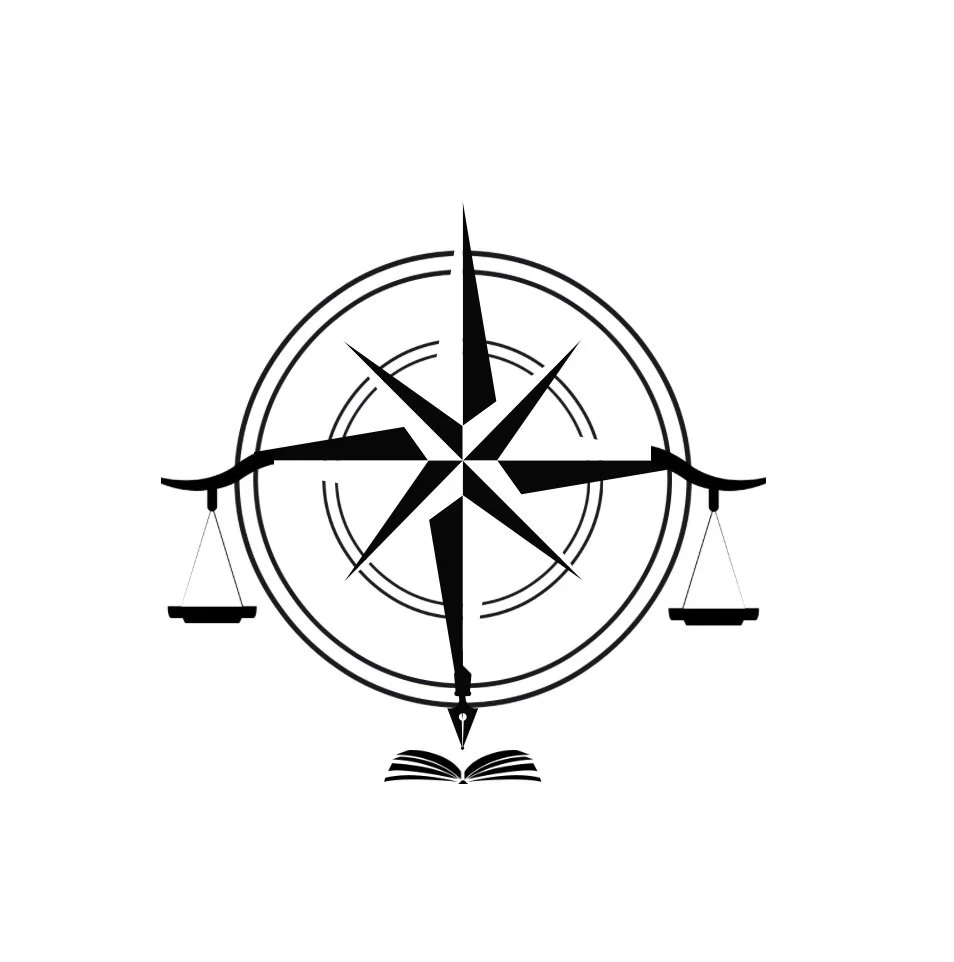Answering the question of Justice.
Areas of Academics
Juridical Studies
Through the JCL curriculum, students learn to objectively analyze contemporary social problems and use a reasonable, logical thought process to work toward solutions. These skills comprise what we call the “legal mind.” JCL offers a rich curriculum of studies, from small introductory classes to advanced seminars. The flexible curriculum allows students to deepen their knowledge through self-directed learning, opening up a broad range of future career paths.
Our courses on juridical studies are an extricate blend of legal philosophies, principles of law combined with education on the major schools and tools of jurisprudence. For example, the long-debated issue of defamation could be viewed from either the perspective of liberalism or communitarianism, upon which law would rest based on the principles of accountability, just law or accessible justice, finally reaching the citizens through the schools of either analytical or normative jurisprudence.
COURSES | Social Justice- Theory, Policy and Law/ Introduction to Legal Studies/ Introduction to U.S. Law/ Introduction to Korean Criminal Law/ Current Issues in International Law/ Comparative Korean Commercial Law/ Philosophy of Punishment
Governmental Studies
Political science is as old as civilization, because people always have been interested in their government and in their leaders. JCL curriculum explores various theories and practices of government and politics at the local, national, and international levels.
What principles govern the system of democracy? What regulates the painstaking balance of international relations? From a theoretical perspective to practical application, the governmental education at JCL explores a comprehensive range of contemporary topics such as populism, climate change, elitism, nationalism et cetera.
COURSES | Political Thought, Global Governance and Diplomatic Practices, European Union Law and Politics,
Applied Justice Theories
The studies of a JCL scholar barely end through learning the basic rules of law and governance; the interactive and communicative approach to justice education is what sets JCL apart.
Lectures on Academic Literature
Most JCL courses are constructive- in other words, students actively construct knowledge based on a wide selection of carefully culled academic literature. From Nozick’s 'Anarchy, State and Utopia’ to the Vienna Convention on the Law of Treaties, students get a chance to comprehensively compare their analyses of both primary and secondary literature to the educated construal of our faculty.
Analytical Essays
Analytic strength is one of the paramount abilities of either a legal professional or a governmental scientist. At JCL, students are constantly encouraged to contemplate the various aspects that literature encompasses, from their historical background to their sociopolitical workings. Students actively acknowledge their position as neutral adjudicators and compose their own analytical literature based on their opinion towards debated social issues, all while cultivating their academic perspectives and compositional skills.
In-Class Debates
Upon comprehensively exploring and analyzing literature, it is inevitable that our students all have different, sometimes contested opinions. Through regular debates with peers, JCL students engage in a heated exchange of opinions that ultimately help expand their view on social justice issues.
Capstone Research Projects
The academic journey of a scholar culminates as she starts to notice the unanswered questions in her field, constructs a structured research, and applies quantitative or qualitative methods to reach an academic conclusion. JCL students undertake the same process- after discussing academic principles with our faculty, analyzing existing literature, constructing their own critique and debating it with their peers, they finally reach the step of exploring the society on their own. Often in teams, our students explore countless works of primary literature, construct their own hypotheses, and either prove or disprove them to actively create new knowledge. Combined with the systematic education on research methods provided by the UIC (Underwood International College) Common Curriculum, students excel in producing expert-level research in all fields related to juridical and governmental studies.
Kibeom Lee
Chair of the Justice and Civil Leadership program
Dongha Kim
President of the Seventh Justice and Civil Leadership student council ‘IOTA’
